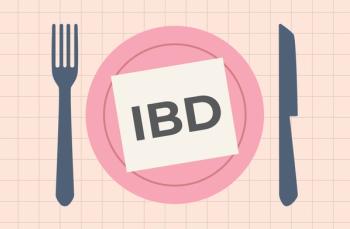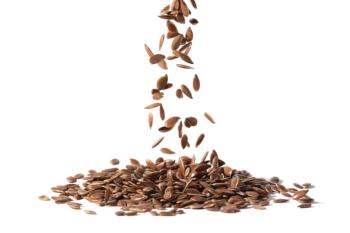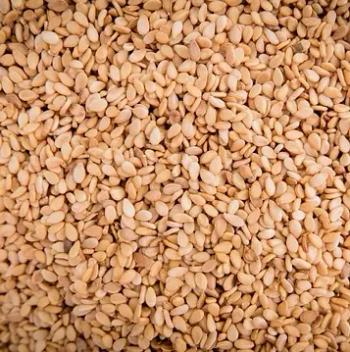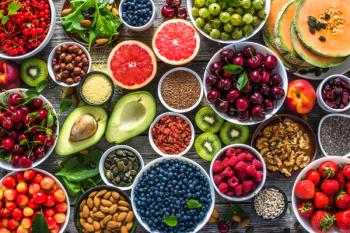
A high intake of fish and vegetables at 1 year of age was associated with a lower risk of IBD, while consuming sugar-sweetened beverages was linked to a greater risk of developing IBD.


A high intake of fish and vegetables at 1 year of age was associated with a lower risk of IBD, while consuming sugar-sweetened beverages was linked to a greater risk of developing IBD.

Though the association of BMI gain and 100% fruit juice in children was “small,” authors concluded their findings support public health guidance to limit consumption of the beverage to prevent overweight and obesity.

Review some of the top stories from the Contemporary Pediatrics website over the last week, and catch up on anything you may have missed.

At the 2023 American Academy of Pediatrics (AAP) National Conference & Exhibition, a presenter shares how nutritional literacy can benefit pediatric health.

We’ve compiled a list of key food safety tips that you need to know in order to have a safe, bacteria-free holiday.

A new study shows that a mother's inflammatory diet, before birth of the infant, can have an impact on a child's wheeze trajectory.

In this Contemporary Pediatrics interview, Michelle Loy, MD, FAAP, recaps her session, "Culinary Medicine: Using Food for Physical, Mental, and Environmental Health" presented at the 2023 American Academy of Pediatrics National Conference & Exhibition in Washington DC.

George J. Fuchs, III, MD, FAAP, explains how certain branding and labeling can lead parents to purchase toddler formula, though products are not nutritionally complete and lack FDA regulations present in infant formulas. This interview was conducted at the 2023 American Academy of Pediatrics National Conference & Exhibition in Washington DC.

A sneak peek at some of the most exciting sessions at this year's American Academy of Pediatrics national conference.

To increase access and further support healthy meals in schools across the nation, the US Department of Agriculture has dedicated millions of dollars in grants to achieve this goal.

Infant formula companies add new ingredients to match or best mimic human milk and breastfeeding advantage for the child, but comparing new-ingredient formulas with existing formulas and human milk to determine efficaciousness can present clinical and ethical challenges.

Even during their child’s infancy, vegan and vegetarian parents need guidance on complete nutrition.

A new study investigates taking this treatment a step further, evaluating the effect of epicutaneous immunotherapy in toddlers with known peanut allergies.

Knowing which packaged foods contain various seeds has largely been a guessing game, but a new law enacted in January 2023 changes that.

Due to possible undeclared cashews in SimplyProtein’s Peanut Butter Chocolate Crispy Bars, the voluntary recall of the Costco-sold product has been expanded.

A recent study combined the efforts of child psychology and nutrition experts at Johns Hopkins University and several Australian research centers to investigate how much we really know about why children eat the way they do, and what impact food behaviors have on their overall development.

New data expands upon the growing perception that allergenic food introduction early in a child’s life may lessen the possibility of allergy developments.

The adoption of vegan and vegetarian diets in the teen years can trigger concerns over nutritional deficiencies and disordered eating. But new reports indicate few problems when these diets are followed correctly.

The infant formula giant recalls one of their powdered infant formula products out of an abundance of caution for a potentially dangerous bacteria.

Recent data, presented at the AAAAI annual meeting, showed that oral sesame desensitization through crushed seeds and tahini was efficacious and safe for pediatric patients.

A recent report from the Centers for Disease Control and Prevention outlined rates of fruit, vegetable, and sugary drink intake among young children by state.

In a recent study, higher rates of food insecurity were found among low-income families with children in the United States.

While many caregivers want to increase their child’s fruit and vegetable intake, barriers keep them from receiving fresh produce.

Guidelines provided by the government and nutrition watchdog organizations can help practitioners teach caregivers about wholesome foods for their children.

A follow-up to a Texas Sprouts gardening intervention found improved glucose control and reduced low-density lipoprotein cholesterol in individuals at a high risk of metabolic diseases.